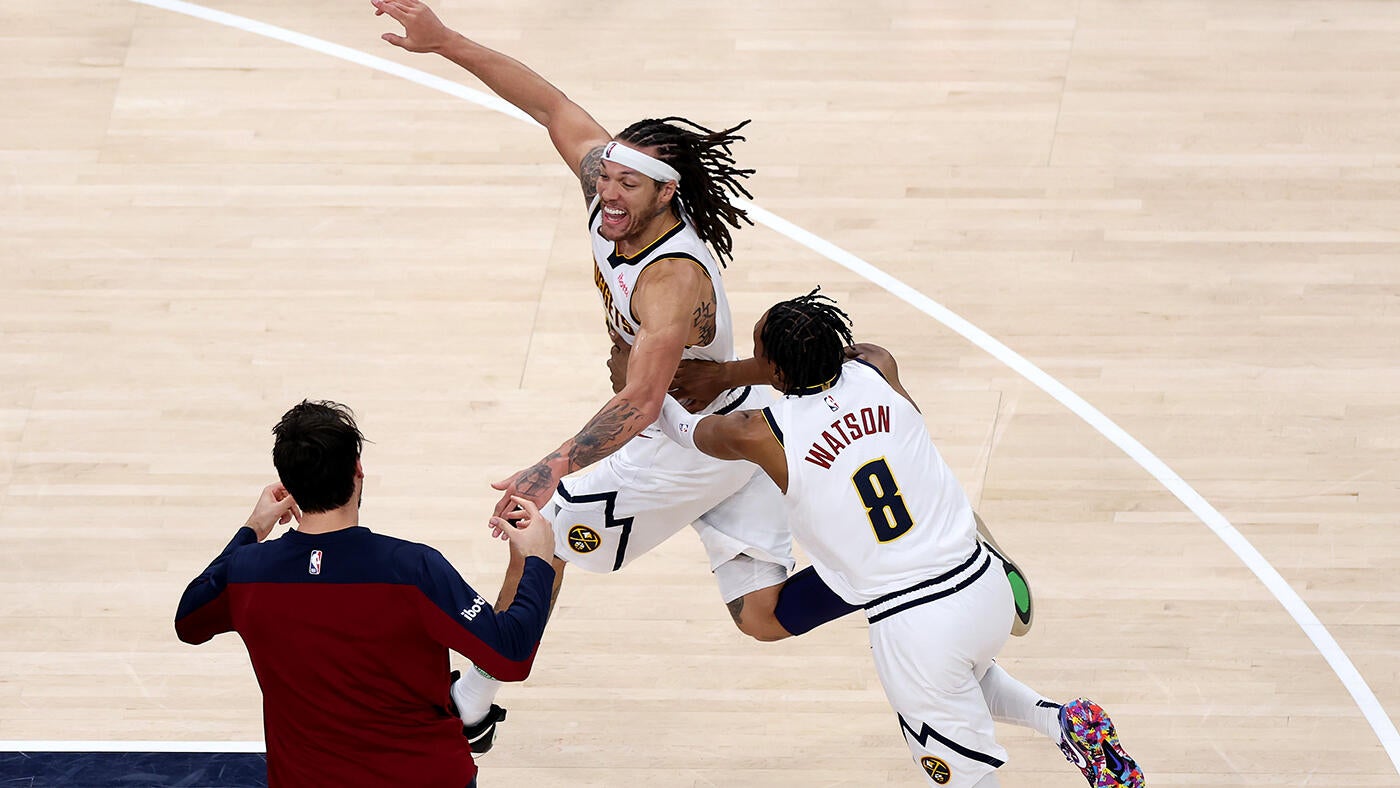
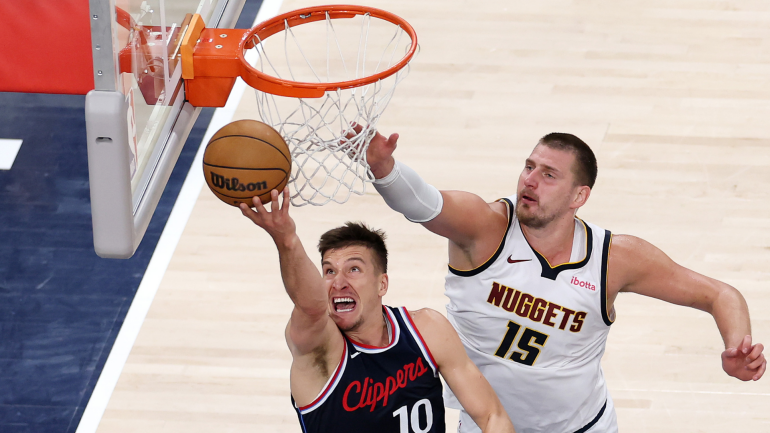
The first round of the 2025 NBA playoffs has been awesome, but one series has stood out above the rest: the Denver Nuggets versus the Los Angeles Clippers, which is tied 2-2 heading into a pivotal Game 5 in the Mile High City on Tuesday night.
Just a few weeks ago, the Nuggets fired long-time coach Michael Malone and general manager Calvin Booth, and seemed to be on the verge of collapse. Now, they’re two wins away from advancing to the second round of the playoffs for the sixth time in seven seasons.
The Clippers, on the other hand, surged into the playoffs thanks to Kawhi Leonard’s return. They won 18 of their final 21 games to avoid the Play-In Tournament and earn the No. 5 seed in the crowded Western Conference. They’ll need two more victories to avoid a third consecutive first-round exit.
Ahead of Game 5, CBS Sports convened a roundtable to discuss some key talking points from this series and predict which team will advance.
Three of the four games have been decided by three or fewer points. One went to overtime and one ended on a buzzer-beating dunk. Which game has been your favorite so far?
Jack Maloney: Has to be Game 4 for me. Maybe that’s recency bias because the first two in Denver were awesome, but Game 4 had it all: a historic Nikola Jokic performance, some vintage Kawhi Leonard moments (the steal on Jamal Murray late in the fourth was 2015 Kawhi), an incredible comeback in front of a truly raucous crowd and an all-time buzzer beater. I still can’t really believe that ending.
James Herbert: Game 4 was the best, but Game 2 was my favorite. There’s nothing like Kawhi going full Terminator mode. One might argue that Aaron Gordon getting to play hero on Saturday was karmic justice for all of the possessions in which he played perfect defense against Kawhi only to watch the ball splash through the net as if he weren’t even there. Absolutely ruthless efficiency.
Sam Quinn: I have a soft spot for Game 1, narratively speaking. “The old guy’s still got it” is one of my favorite playoff tropes, and it hit especially hard with Russell Westbrook because we’ve now spent a half-decade or so utterly convinced that he did not, in fact, have it where the playoffs were concerned. I knew Aaron Gordon could rebound and dunk and I knew Kawhi Leonard could make contested shots. I never truly believed a playoff game would hinge on Russell Westbrook making a 3-pointer.

Aaron Gordon was asked how the Clippers made their Game 4 comeback and said, in part: “They started kind of switching their defenses up and kind of throwing some gimmick defenses, and I don’t think we responded very well.” Was the Clippers’ success playing zone a one-off that caught the Nuggets unprepared, or something that they can use more going forward?
Maloney: Any NBA team, and especially one led by Jokić, is going to figure out a zone after seeing it too many times, so the Clippers won’t be able to just sit in one all night on Tuesday. Switching up their defense was so successful in the fourth quarter of Game 4, though, that you have to imagine they’ll do so again here and there the rest of the way. At the very least, it can break up the Nuggets’ rhythm and make it more difficult for Jokić to control the action.
Herbert: It wasn’t a one-off. When a team appears that discombobulated against a zone, you can guarantee it will see it again. I’d be shocked, though, if the Nuggets react that poorly to the zone at any other point in this series going forward. As David Adelman told his team after the buzzer beater, it’s just a zone and they can run their normal stuff against it. As great of an adjustment as it was for the Clippers, it wasn’t the only reason they almost stole Game 3. Denver was gassed down the stretch, and it couldn’t get a stop.
Quinn: Yes and no. The late-game zone curveball is a pretty traditional way of throwing an opponent off-kilter in the middle of a series because a zone is most effective with the element of surprise. Teams can figure it out with film. It’s harder on the fly, in the middle of a game when you’re already exhausted. Erik Spoelstra’s been doing this for years. The more a team sees a zone, the better it tends to handle it. That’s especially true for teams with singular playmakers like Jokić. But based on numbers from Synergy Sports, zone defenses have been one of Denver’s few offensive kryptonites this season. They’re great against man and they’re great against press. They’re great in the half-court, in transition, even after timeouts. But teams that struggle to shoot tend to struggle against zone, and nobody shoots fewer 3s than the Nuggets do. Unsurprisingly, they rank in the 37th percentile in offensive efficiency against zones this season. That’s not something a team fixes overnight.
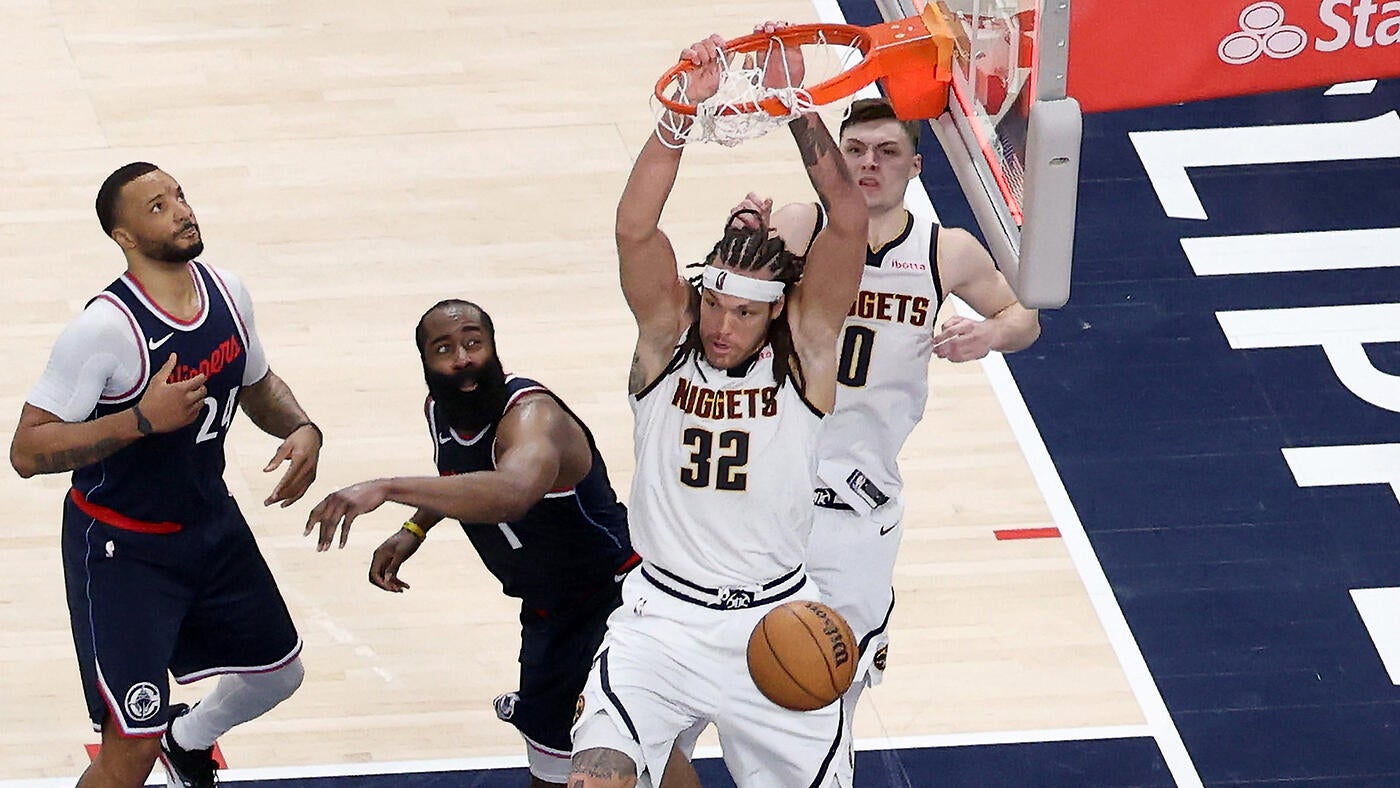
With Russell Westbrook sidelined for Game 4, the Nuggets’ entire starting lineup played at least 42 minutes, and Peyton Watson was the only player off the bench who saw more than six minutes. Will the Nuggets’ lack of depth catch up to them?
Maloney: My gut instinct is yes, especially if Westbrook remains out. There are obvious fatigue concerns when four Nuggets – Jokić, Murray, Christian Braun and Gordon – are in the top 15 in minutes per game in the playoffs. No other team has more than two players in that group. Beyond that, the Nuggets just don’t have as many options as the Clippers. Murray, Braun and Michael Porter Jr. have all been hit or miss during this series, and if one or two of them are having a rough night, the Nuggets have nowhere else to turn.
Herbert: It already has. Denver was clearly running on fumes at the end of Game 4, and it took one of the most improbable buzzer-beaters in NBA playoff history to escape from Los Angeles with a win. Tyronn Lue has an interesting dilemma now: Should he shorten the Clippers’ rotation — Kris Dunn didn’t see the floor for the final 17 minutes on Saturday, and Ben Simmons played only seven minutes — in order to maximize their spacing or lean in to their depth advantage?
Quinn: Yes. Remember, it’s not just about how bad Denver’s bench is, but how deep the Clippers are. They played half of the season without Kawhi Leonard. They’re using nine pretty distinct players. Their bench doesn’t just buy rest time for the starters. It actively helps them. They can close games with Nic Batum or Derrick Jones Jr. or Bogdan Bogdanović. Basically, Ty Lue has cards he can play based on the flow of a game or the adjustments the Nuggets make. David Adelman doesn’t. He’s stuck with his five players, and that limits what he can try strategically regardless of rest. Adaptability wins playoff series.
Who wins the series?
Maloney: I’ve been very impressed with the Nuggets, who looked like they were on the brink of collapse a few weeks ago, but I picked the Clippers before the series and am going to stick with that.
Herbert: I’m sticking with Clippers in seven. I don’t think this matchup is as lopsided as it looked in Game 3, but I don’t anticipate Los Angeles’ offense continuing to look as lackluster as it did for most of Game 4, either. The Clippers have more playmakers, more shooting and more defensive versatility than the Nuggets do. If Jokić makes all of that moot, I’ll take the L.
Quinn: We’re down to tiny nonsense sample time. The real answer, therefore, is whoever makes 3s. But if you’re asking me as a matter of team quality who is better? It’s clearly the Clippers. They have the only blowout in the series. They’re a Westbrook 3-pointer and a Gordon miracle from possibly sweeping this series. Weird things can happen in best-of-three settings, but the Clippers are better and if there isn’t wild shotmaking variance, they should still pull this out.
This news was originally published on this post .





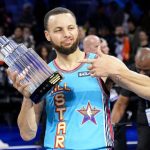

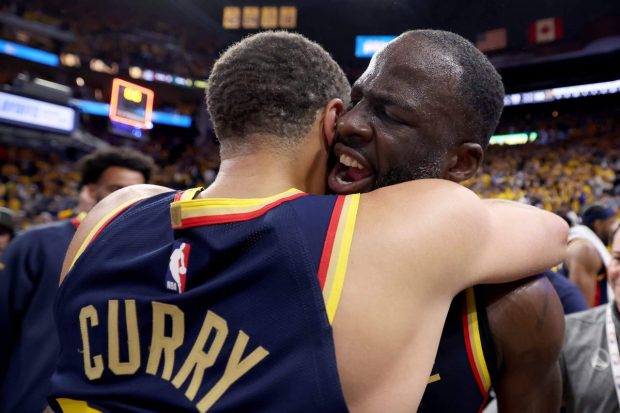
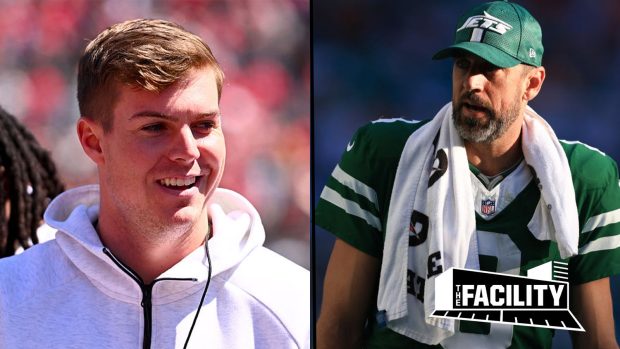
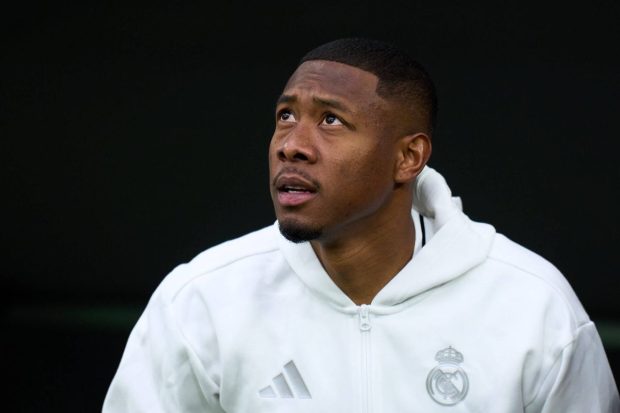
Be the first to leave a comment